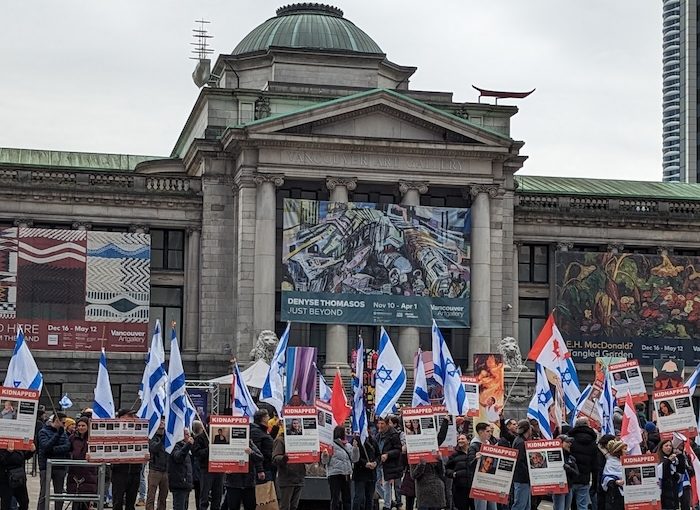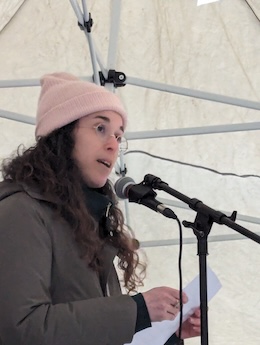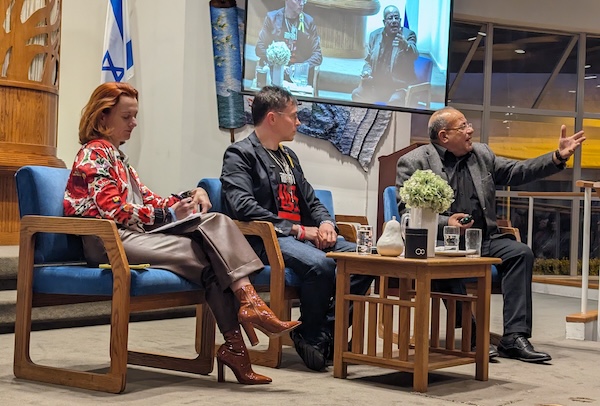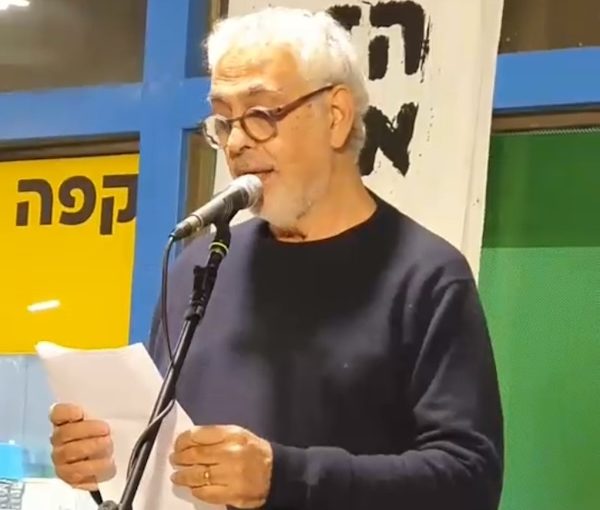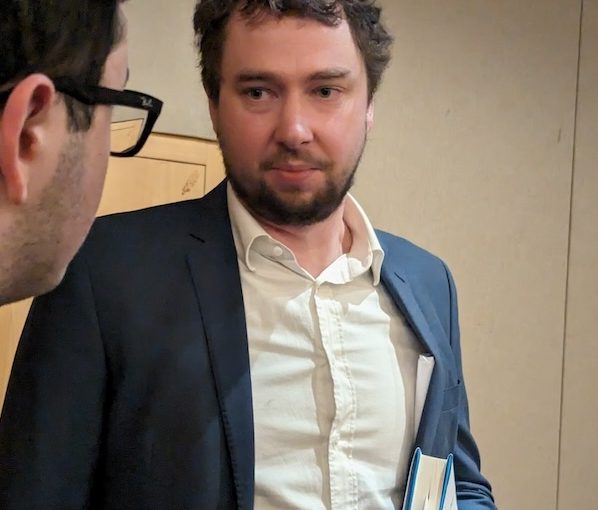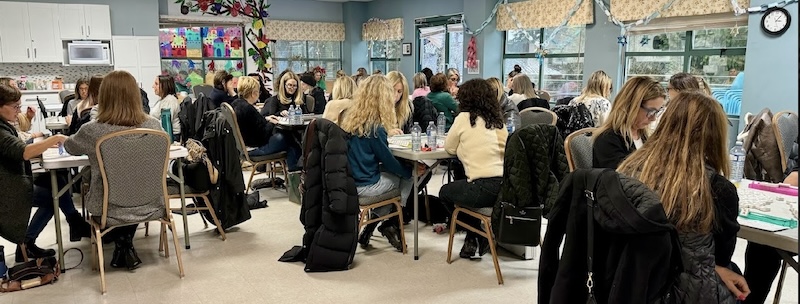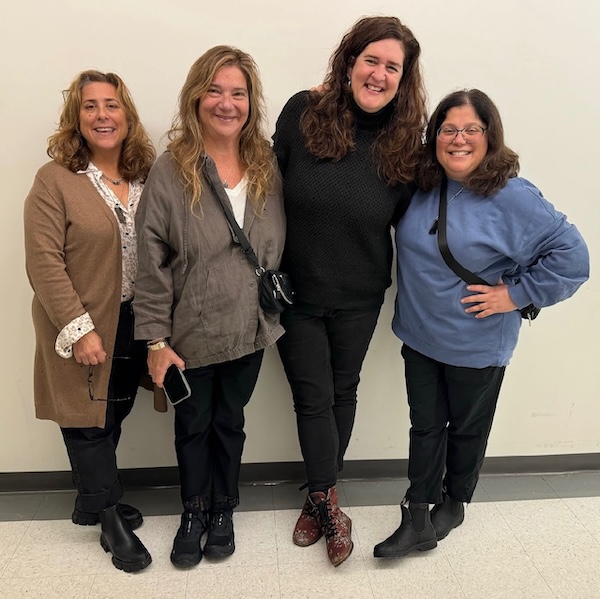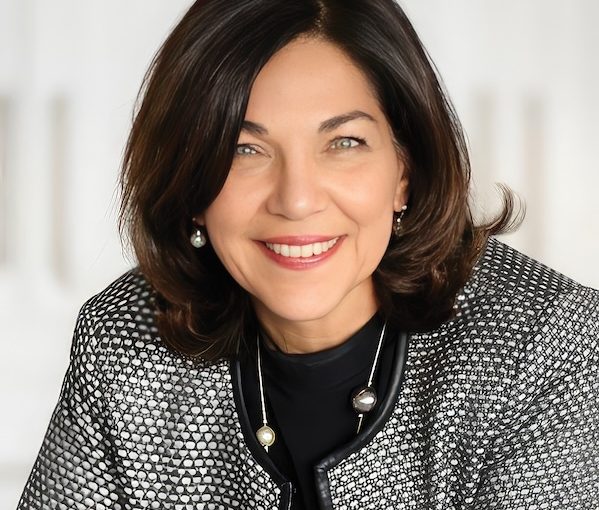My colleagues,
You broke my heart – not just on February 5 when the Premier told me that after the caucus talked about me he did not see a way back, that folks were wondering why I hadn’t already resigned and that the only path forward was a resignation. Resigning was not my choice but I told the Premier that if this was what he wanted and what caucus wanted I wouldn’t fight him on it – but let’s be clear – others asked for my resignation, so I gave it.
You actually broke my heart in the days after October 7 – the day terrorists went into Israel and brutally murdered, slaughtered, raped, mutilated, killed and kidnapped 1,200 civilians. These terrorists didn’t target the military, they killed children, concert goers, grandmothers, peace activists and a young British Columbian named Ben Mizrachi.
The Jewish community was in shock – we are about 40,000 here in British Columbia and we were reeling.
I had offered to the Premier that as a member of the Jewish community, I could speak at a vigil that was being planned a few days after the massacre – this was my community and our two Premiers had tasked me with strengthening the NDP relationship with the community. I put out the call for you to join me. The community was grieving, in mourning and we needed to show them as a caucus and as a government that we are there for them.
I sent out a group email. Two maybe three responded – that’s it. How is it that with more than 35 lower mainland/valley MLAs only three or four would be on stage with me – I had no idea how many UCP would be there and a poor showing would not reflect well on us. I did not have the emotional capacity to reach out individually, so Alissa offered to help … still not much response. My heart cracked.
In the end there were 7 or 8 of us, two came from the island but I was terribly embarrassed.
And then, within days of the massacre, Aman and Katrina decided that it was appropriate to ‘reply all’ to my initial email asking folks to stand with the Jewish community in grief and mourning, and ask that government make a public statement about the plight of the Palestinians.
We just witnessed the slaughter, rape, mutilation and murder of 1,200 mostly Jews. We watched as the terrorists celebrated this horrific act. Ben Mizrachi hadn’t yet been buried. The IDF hadn’t yet taken any action. The world was stunned. And two of my colleagues wanted to move quickly past what had happened and refocus government on a geopolitical conflict that has been going on for years.
But it wasn’t their antisemitism that broke my heart. It was your silence to their antisemitism that hurt the most. Not a single one of you responded to their insensitive, disrespectful and inappropriate email. No one.
Your silence broke my heart that day.
You abandoned me and my community that day.
I would have hoped that someone, anyone would have replied all to Aman and Katrina and suggested that their email was inappropriate – your silence spoke volumes to me and suggested that either you agreed with them or that you just didn’t want to deal with it because it’s messy.
It is messy. It’s complex. It’s emotional. It’s hard. You just want it to go away. I understand. I want it to go away too – but my community needed you in that moment to be there in their grief and in my grief and none of you were prepared or willing to stand up to colleagues who were antisemitic – minimizing the Jewish experience, the slaughter of innocent civilians by terrorists countering with mirrored message about the plight of Palestinians. In that moment it was not so complex – People were murdered because they were Jewish and people here in British Columbia were needing us to mourn with them.
How eager you all are to join in the #NeverAgain campaign – that the crime of being Jewish that resulted in the death of six million Jews at the hands of the Nazis should never happen again. That we should fight against Jew hatred – a hatred that repeats itself over and over and over again throughout history. How eager you all are to join the few remaining Holocaust survivors as Nicholas plays Kol Nidre on the cello and we bow our heads, light candles in honour of those murdered – yet when the hordes gather and chant “from the river to the sea” – a Hamas mantra referring to their desire to destroy Israel and the Jews, you are nowhere to be found.
Holocaust survivors have been retraumatized and some have wound up in hospital in the days and weeks after the massacre as they relive the horrors they experienced some 75 years ago. They see the marches, the chanting in our streets, the threats to Jews around the world and they say “it’s happening again.”
Where are you when protesters, their faces covered, march through our campuses intimidating young Jewish adults who now hide their Jewish identity? Where are you when young Jewish students who get trapped in bathrooms on campus because the marching is happening in hallways, and they are afraid to step out into the hall for fear of becoming a target of their hate? Where are your ideals of a broad, inclusive society? How have you been standing up for your declared values?
Almost 300 Jewish physicians signed a letter calling on UBC medical school to address antisemitism on campus. Students are bringing their hate into healthcare and they were speaking on behalf of their Jewish patients and their families. In fact, it was so bad that Ted Rosenberg, a prominent physician quit, citing a toxic work environment and antisemitism in the Faculty of Medicine – I am not sure how we expect to train more physicians when almost 300 of them are refusing to work with students coming from UBC’s faculty of medicine. It was a public leaving and I heard nothing from any of you – not the Minister of Health who committed to more physicians in the system, not the Premier – no one.
In December the four Tri-Cities MLAs received a letter from the Coquitlam Teacher’s Association rife with rhetoric, misinformation and lies about the modern state of Israel. The letter was also posted on their website (which has since been taken down). Jewish parents in SD 43 are now considering pulling their children from public schools because they don’t have faith that teachers in the district will keep their Jewish children safe. I asked Fin if he received the same letter. He did and when I asked him what he was planning to do with it he said, “nothing – I am going to ignore it.” Ignore the fact that Jewish constituents feel unsafe – Is this how we stand up for our constituents?
In January the Vancouver Police Department publicly shared a startling report about the dramatic increase in antisemitic incidents since October 7. And what was government’s response to this report?
Silence.
Shortly afterward I reached out to the Attorney General, as the racism file is under her ministry. Niki had been assigned the point of contact for the Jewish community given the historical antisemitism that the Jewish community has experienced from Mable, the parliamentary secretary for antiracism.
Let me refresh your memory, in 2004 during an interview with Seven Oaks, Mable claimed “we have vocal Zionists in our work sites, and we have had to battle them” regarding her anti-war activism in her union. Carole James, as leader, had to disavow and apologize for the comments. But the Jewish community carried on noting a certain mistrust of Mable, as she never apologized for her comments and when Mable’s recent 2-minute statement in November alarmed the community again of Mable’s antisemitism and asked for her resignation the Jewish community was merely told that Niki would now be the point of contact for anti-racism work in the Jewish community.
So I reached out to Niki at the end of January, two months after she became the designated point of contact for a community that is experiencing a spike in antisemitism, a community that is grieving and fearful. It turns out that the community leadership hadn’t even heard from her. And when I asked her what she is doing about the rise in antisemitism all she could talk about what legislation she is working on, collecting data and the small amount of money that I worked on with PSSG and the PO to make available for additional security measures that the community needed.
Her response to my query was a response you would give the opposition.
There was no acknowledgement of my personal connection to the community or how my contacts and relationships could be useful. There was no sense of understanding that this community is feeling threatened, that people are afraid, that antisemitism was on display in civil society, that Jewish parents don’t want to send their children to public school, that Jewish post-secondary students are being terrorized on campus, that Jewish owned businesses need additional security, that Holocaust survivors are reliving trauma, that plays with Israeli content that actually help to provide dialogue about the conflict are being silenced, that hundreds of Jewish physicians are calling on UBC leadership to address antisemitism on campus, that members of our own public service have started incorporating the Palestinian flag in their email signature and even making a Palestinian land comment when doing a First Nation land acknowledgement at the beginning of meetings resulting in discomfort and fear. No acknowledgment and no action.
Over the past five months a few of you have reached out after caucus discussions about me without me in the room, the first right after Aman and Katrina sent their emails and then again after the February caucus meeting, offering hugs and heart emojis. My response to many of you is that I don’t need your hugs and your emojis. What my community needs however is for you to stand up to antisemitism. When I shared this with Lisa just a few weeks ago, she responded “of course, we always do.” As a government we have not been standing up to antisemitism. If you believe that then it would appear to me that you haven’t been paying attention or you don’t know what antisemitism is or what Jew hatred looks like.
Antisemitism is calling for the destruction and annihilation of Israel, where half the world’s 15.8 million Jews live. Antisemitism is making Jewish people afraid to show their identity. Antisemitism is silencing an openly identified Jewish person who is speaking out about antisemitism. Your collective decision to silence me is antisemitism and you don’t even know it.
Antisemitism is the double standard that we have consistently shown. When any of my colleagues have made antisemitic remarks it was expected that apologies should suffice. It’s not only Mable who has made antisemitic comments. In 2012 Jennifer Whiteside shared content from the anti-Israel website the electronic intifada and posts from Occupy Wall Street that attributed Israeli ‘theft’ of Palestinian land to capitalism and in 2014 shared articles that accused Israel of ‘pinkwashing’ for their acceptance of LGBTQ2S+ community and again in 2016 shared content promoting the BDS movement and was forced to apologize and distance herself from her past support of the BDS movement.
In 2017 it came to the attention of the Jewish community that Ronna Rae invited people to support Haneen Zoubi, a former Palestinian member of the Israeli Knesset who negated the existence of Israel. Ronna Rae also compared the police to Nazis in 2013.
Jagrup quoted Goebbels in 2020 when he was pushing back at the Official Opposition during a speech in the house saying “Someone has said – if you repeat a lie often enough people will believe it” – he apologized the next day for his offence, retracted his comments and that was to be sufficient.
Last year Janet Routledge apologized for comments of Holocaust minimization by comparing the criticisms by the official opposition to Nazi rhetoric when she said “the Holocaust ended in death camps, but started with words.”
I raise these examples not to humiliate or shame any of you, but to point out the double standard. When an elected person says something that harms the Jewish community whether the comments or position is intended or unintended, the expectation is that a simple apology is sufficient. But when a Jewish elected person says something she “has deep work to do” according to the Premier and is no longer trusted. This double standard is antisemitism.
The final straw came for me last week.
I pitched an idea to the Premier 10 days after I was asked to resign that perhaps government could show leadership on this hate and division we are seeing in two hurting communities by bringing these communities together. I suggested that perhaps I could work with the Jewish community and engage with the Arab Muslim community to facilitate dialogue – find a different path for two communities in agony. As part of that work all of caucus could participate in anti-Islamophobia and antisemitism training – set an example of how as leaders we could better understand their respective pain and fear. And government could show leadership by bringing people together.
Last week Matt Smith told me that this work was ‘too political’ and that government was not interested at this time. Antisemitism and anti-Muslim sentiment are at an all-time high and government doesn’t see itself as having a role in helping these communities.
This shattered what was left of my broken heart.
This is not the party I signed on with – it has become a party that is afraid to stand with people, people who are hurting. It is now a party that puts politics and re-election before people.
It is with all of this in mind that I am leaving caucus to sit as an independent. I can no longer defend the choices this government is making, and I need to mend my broken heart and I can’t do that when you simply offer me hugs and heart emojis but don’t care to educate yourselves or understand the fear and anguish of being Jewish in this moment.
Silence is not leadership – it’s cowardice.
And I cannot be silent.

